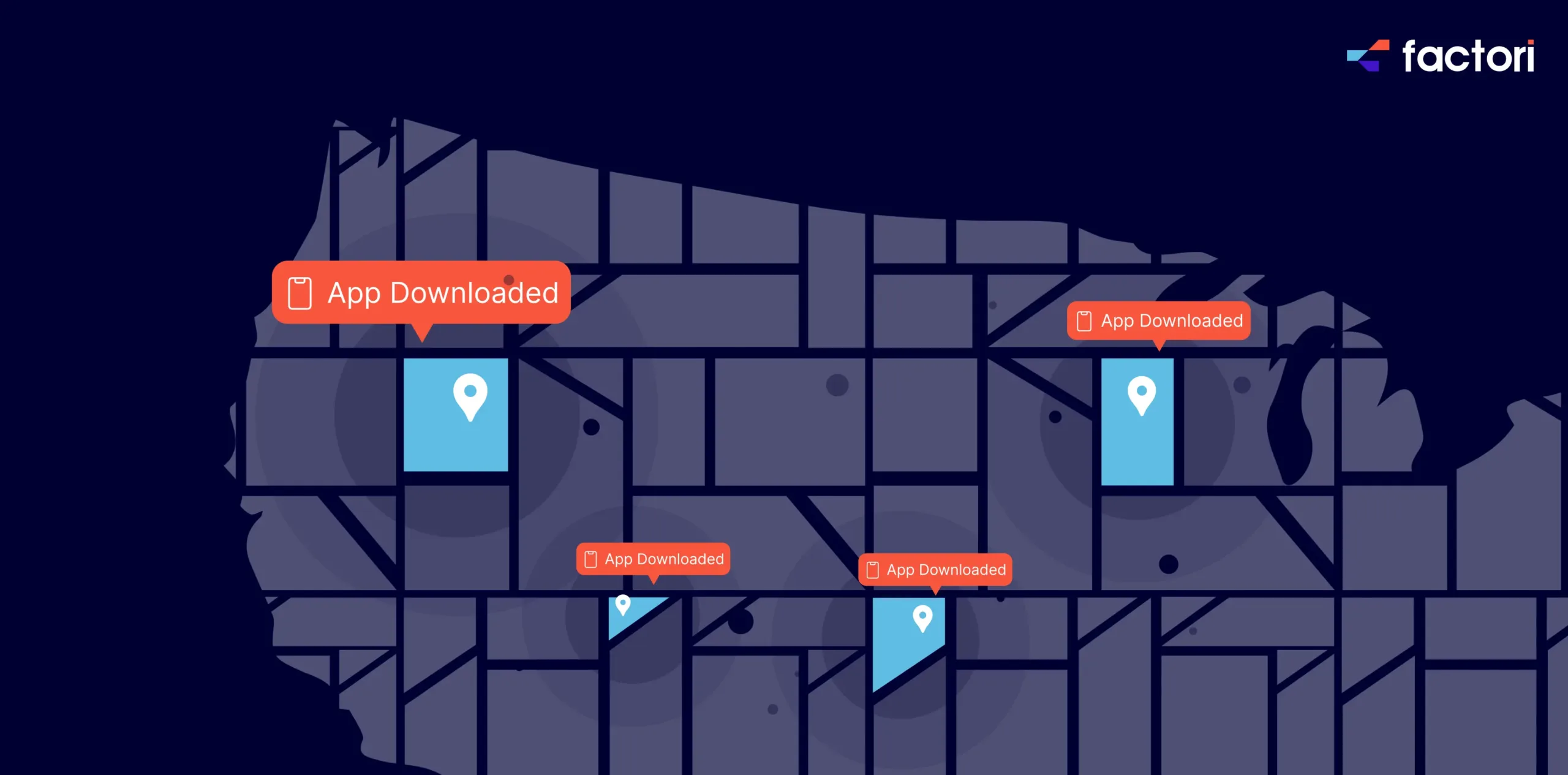The mobile app industry is rapidly evolving, with millions of apps competing for user attention. In this competitive landscape, understanding user behavior, personalizing experiences, and optimizing marketing efforts are crucial for success. Location intelligence, which leverages geospatial data to provide actionable insights, is transforming how mobile app developers and marketers operate.
From enhancing user engagement to driving growth, location intelligence offers numerous benefits that can elevate mobile apps to new heights.
This blog explores the top 5 reasons to use location intelligence in the mobile apps industry, showcasing how this powerful tool can help developers and marketers thrive in an ever-changing market.
1. Personalize User Experience
- Contextual Relevance: Location intelligence allows mobile apps to provide contextual relevance by offering personalized content, recommendations, and services based on the user’s location. This enhances the user experience and increases engagement.
- Localized Offers: Apps can deliver location-based offers and promotions, making them more relevant and appealing to users. For instance, a food delivery app can suggest nearby restaurants and special deals based on the user’s location.
- Enhanced Interaction: By understanding where users are and what they’re doing, apps can tailor interactions to be more meaningful, improving overall satisfaction and retention.
2. Optimize Marketing Campaigns
- Targeted Outreach: Location data enables mobile app marketers to create targeted campaigns that reach users in specific geographic areas. This ensures that marketing messages are relevant and resonate with the audience.
- Geofencing: Marketers can use geofencing to trigger notifications or ads when users enter a predefined geographic area. This real-time engagement strategy can drive higher conversion rates and boost app usage.
- Improved ROI: By focusing marketing efforts on specific locations, app marketers can optimize their spend and achieve better returns on investment.
3. Enhance User Acquisition and Retention
- Localized User Acquisition: Location intelligence helps identify regions with high potential for user acquisition. By focusing efforts on these areas, app developers can attract a larger user base.
- Retention Strategies: Understanding user behavior and preferences based on location can inform retention strategies. Apps can send personalized retention offers or content to users in specific areas, reducing churn and increasing loyalty.
- User Insights: Analyzing location data provides insights into user patterns and preferences, enabling developers to refine their acquisition and retention strategies for better results.
4. Improve Operational Efficiency
- Resource Allocation: Location intelligence helps optimize resource allocation by identifying high-demand areas. For example, a ride-sharing app can allocate more drivers to locations with higher ride requests, reducing wait times and improving service.
- Supply Chain Optimization: Apps that rely on physical goods delivery can use location data to optimize their supply chain operations, ensuring timely deliveries and reducing logistics costs.
- Real-Time Adjustments: By leveraging real-time location data, apps can make dynamic adjustments to their operations, improving efficiency and responsiveness.
5. Gain Competitive Advantage
- Market Analysis: Location intelligence provides insights into market trends and competitor activities, helping app developers and marketers make informed strategic decisions. This includes identifying underserved areas and discovering new opportunities.
- Service Differentiation: By understanding local market needs and gaps, apps can offer unique features and services that set them apart from competitors. This differentiation can attract new users and retain existing ones.
- Strategic Growth: Leveraging location intelligence for market analysis can help mobile apps identify growth opportunities and expand their market presence, ensuring long-term success.
Conclusion
Location intelligence is revolutionizing the mobile app industry by providing critical insights that personalize user experiences, optimize marketing campaigns, enhance user acquisition and retention, improve operational efficiency, and offer a competitive advantage. By leveraging geospatial data, mobile app developers and marketers can make more informed decisions, deliver tailored services, and stay ahead in a rapidly evolving market.
As technology continues to advance, the integration of location intelligence into mobile app strategies will become increasingly essential for success. Embracing this powerful tool can help mobile apps drive growth, improve operational efficiency, and achieve greater user satisfaction.




